Special Feature
How Buhari Attempted To Kidnap Ex-Minister Of Transportation From UK In A Crate
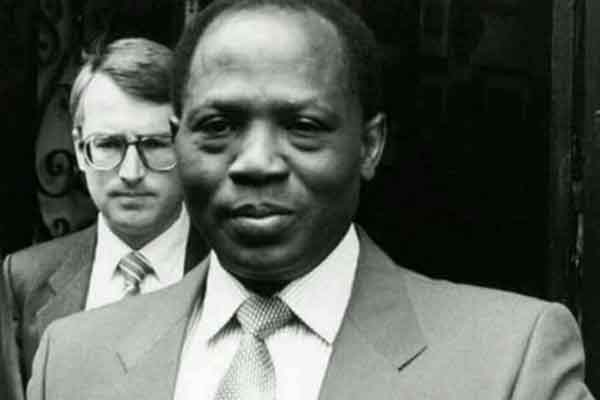
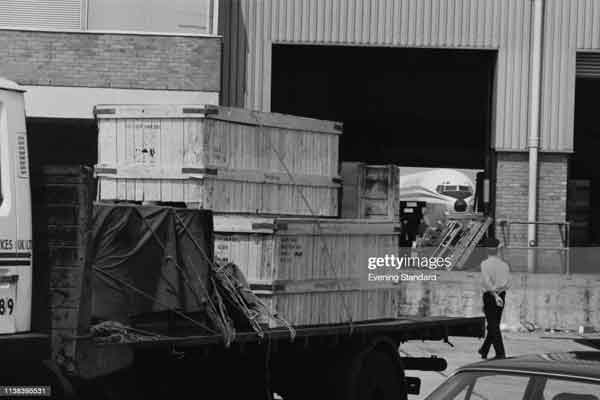 Several Nigerian security guards were on board the plane, openly identifying themselves as such and stating that they were there to protect the luggage. Scotland Yard’s Special Branch was informed of their presence.
On July 5, 1984, Dikko was kidnapped in front of his house while out for a walk , and taken away in a van driven by Yusufu.
Shapiro then drugged him into unconsciousness. However, Dikko’s secretary, Elizabeth Hayes, witnessed the abduction and immediately alerted authorities.
Several Nigerian security guards were on board the plane, openly identifying themselves as such and stating that they were there to protect the luggage. Scotland Yard’s Special Branch was informed of their presence.
On July 5, 1984, Dikko was kidnapped in front of his house while out for a walk , and taken away in a van driven by Yusufu.
Shapiro then drugged him into unconsciousness. However, Dikko’s secretary, Elizabeth Hayes, witnessed the abduction and immediately alerted authorities.
READ ALSO: How Ibrahim Babangida Rose To Power
Dikko and Shapiro were crammed into a 1.2 × 1.2 × 1.6 metres crate. A second crate was occupied by two team members, Alexander Barak and Felix Abithol. Unfortunately for them, they did not complete proper documentation, which would have prevented the cargo from being inspected. Furthermore, the crates were not labeled as diplomatic bags, as required by Vienna Convention on Diplomatic Relations Article 27(4).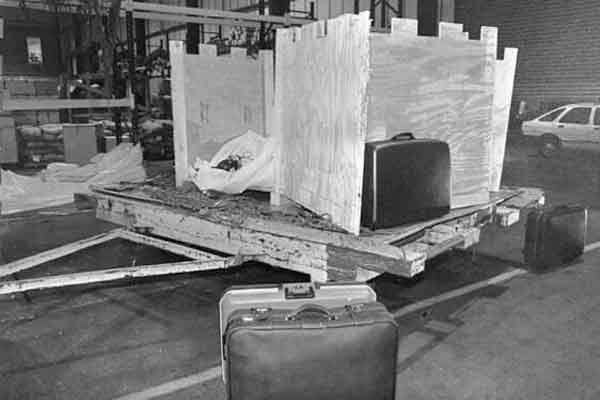 To make matters worse for the kidnappers, the airport’s customs officials had received an all-ports alert alerting them to be on the lookout for some kidnappers and their victim. This occurred while they were sorting through the crate. The police were notified.
They were able to open the crates without breaking the diplomatic protocol. As a result, the operation was thwarted when an unconscious Dikko was discovered in the crate. Dikko was then taken to a hospital for resuscitation.
Shapiro, Barak, Abithol, and Yusufu were among the seventeen men arrested; four were convicted and sentenced to prison terms ranging from 10 to 14 years. All four were quietly deported after serving between six and eight and a half years.
To make matters worse for the kidnappers, the airport’s customs officials had received an all-ports alert alerting them to be on the lookout for some kidnappers and their victim. This occurred while they were sorting through the crate. The police were notified.
They were able to open the crates without breaking the diplomatic protocol. As a result, the operation was thwarted when an unconscious Dikko was discovered in the crate. Dikko was then taken to a hospital for resuscitation.
Shapiro, Barak, Abithol, and Yusufu were among the seventeen men arrested; four were convicted and sentenced to prison terms ranging from 10 to 14 years. All four were quietly deported after serving between six and eight and a half years.
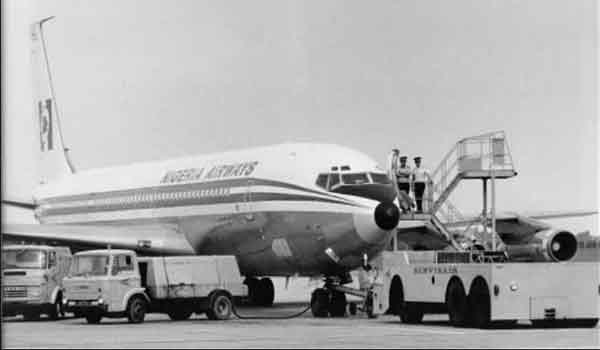 The British government immediately expelled two members of the Nigerian High Commission in London, including the High Commissioner, as a result of the incident.
In retaliation, two British engineers were arrested and sentenced to fourteen years in prison in Nigeria for allegedly stealing a private jet. The charges against the two British engineers were overturned, and they were released after serving 25 months. The Managing Director of Nigeria Airways was almost arrested by British police at one point.
For two years, diplomatic relations with Nigeria were severed.
The British government immediately expelled two members of the Nigerian High Commission in London, including the High Commissioner, as a result of the incident.
In retaliation, two British engineers were arrested and sentenced to fourteen years in prison in Nigeria for allegedly stealing a private jet. The charges against the two British engineers were overturned, and they were released after serving 25 months. The Managing Director of Nigeria Airways was almost arrested by British police at one point.
For two years, diplomatic relations with Nigeria were severed.
-
READ ALSO: How Fela Kuti Married 27 Women In One Day
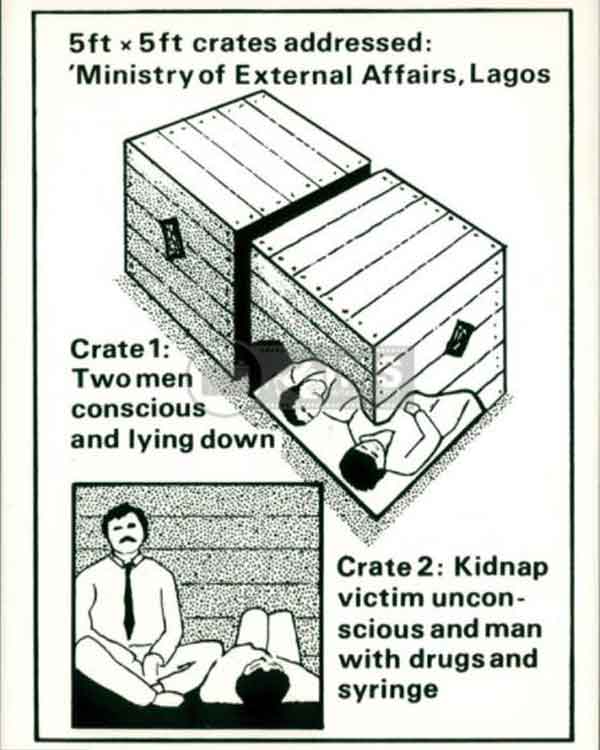
Discover more from Jojo Naija
Subscribe to get the latest posts sent to your email.

Continue Reading